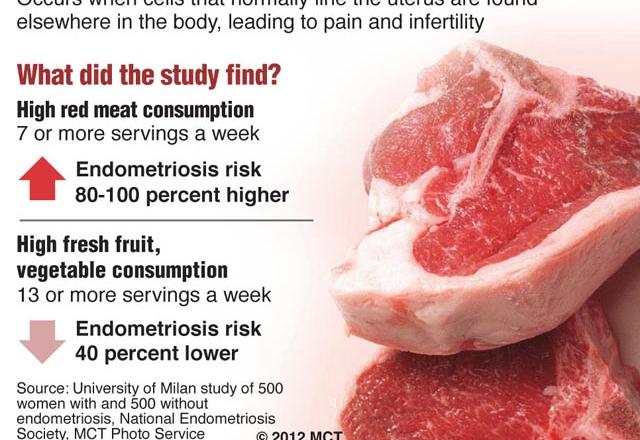You are here
Nutritionists urge healthy lifestyle to reduce breast cancer risks
By Maria Weldali - Oct 17,2021 - Last updated at Oct 17,2021

Photo courtesy of wordpress.com
AMMAN — In light of Breast Cancer Awareness Month, nutritionists and fitness professionals share healthy behaviours that help minimise the risk of developing breast cancer.
“There are many risk factors that we cannot control like our age and family history of breast cancer, however, prevention from cancer and other diseases starts by maintaining a balanced and healthy lifestyle,” said Jordanian nutritionist Amani Omar.
Being overweight or obese is linked to an increased risk of breast cancer, according to Omar.
She added that limiting processed foods, being mindful of portion sizes, as well as increasing the intake of fruits and vegetables, which are abundant sources of antioxidants, all help with weight control.
Regular physical activity is essential, Noor Shabsough, a Jordanian fitness expert, told The Jordan Times on Sunday, adding that “it helps in relieving stress and keeping an individual generally healthy”.
According to the World Health Organisation, behavioural choices and interventions that reduce the risk of breast cancer include: Avoidance of tobacco use, weight control and regular physical activity.
Breast cancer is the world’s mostly commonly-diagnosed cancer, the website added.
“My family’s support was among the main reasons that helped me get through my fight,” Samar Husam, a Jordanian breast cancer survivor, told The Jordan Times on Sunday.
Husam added that now she checks regularly and she adopted a healthy lifestyle to prevent a breast cancer recurrence.
Related Articles
LONDON — Obesity could overtake smoking as the chief avoidable cause of cancer-related deaths, the world’s largest independent funder of can
Women who often indulge their cravings for hamburgers, steaks and other red meat may have a slightly higher risk of breast cancer, a new study suggests.
The better a man’s cardiorespiratory fitness, the less likely he is to die from cancer, suggests a long-term study from Denmark.Cardiorespir













